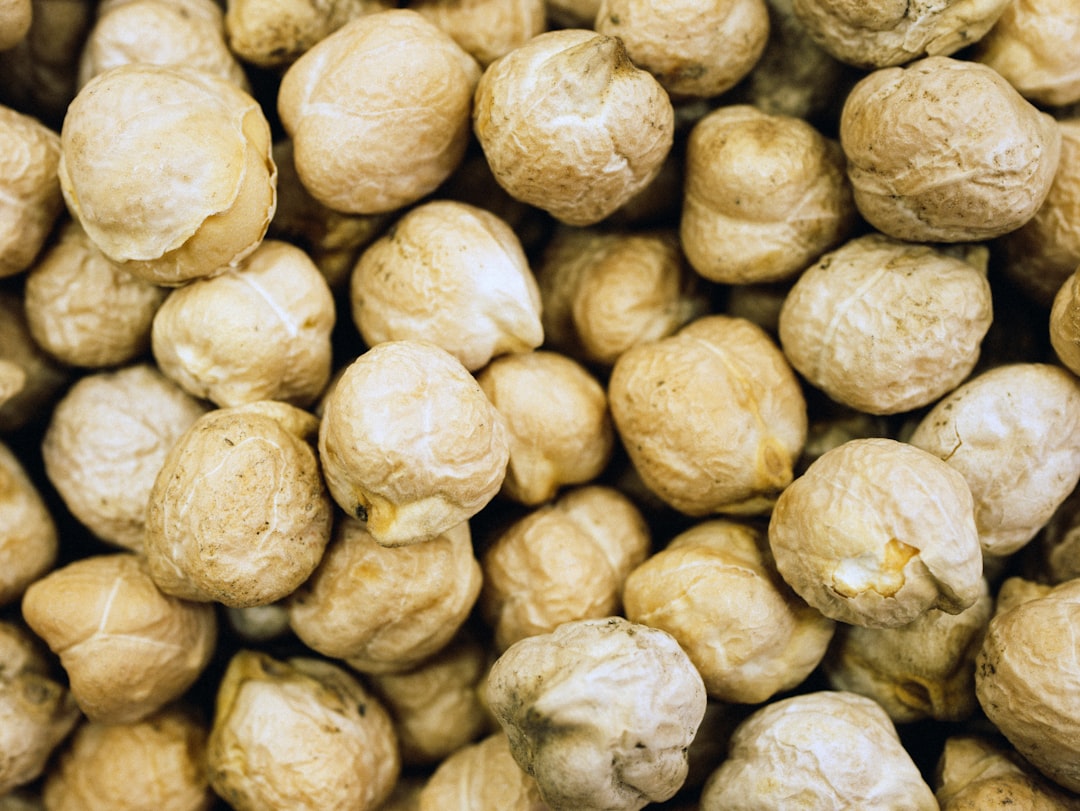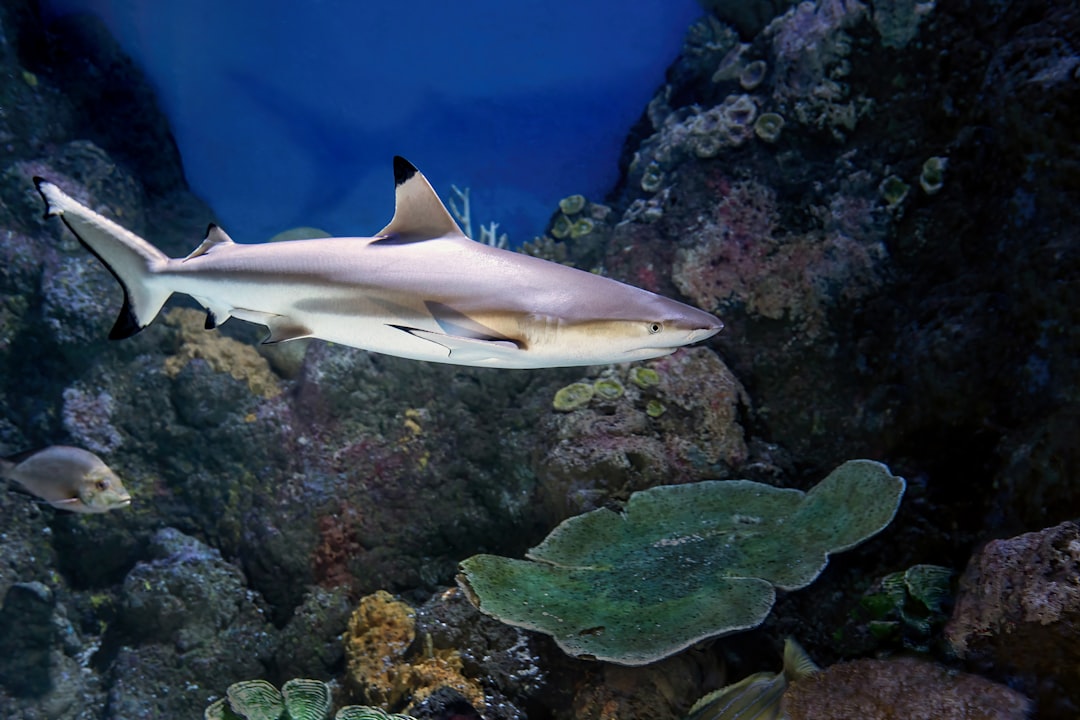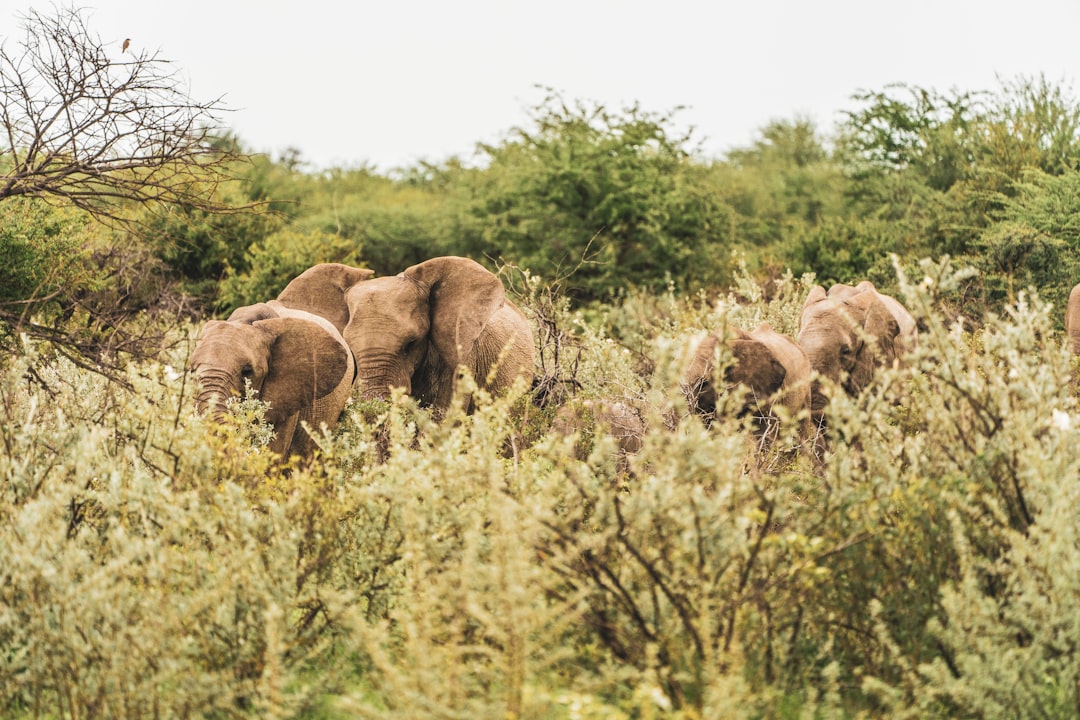What is it about?
In this study, mutant Pandoraea sp. MA03prp25 was developed, which are unable to grow on propionic acid but still accumulated 3HV monomers from this substrate, in order to obtain a new bacterial strain able to produce P(3HB-co-3HV) from biodiesel by-product and propionic acid with high 3HV contents.
Featured Image
Why is it important?
Not only the utilization of a cheap carbon source as crude glycerol could be attractive, but also the development of bacterial strains able to accumulate 3HV at high yields is essential to the feasibility of P(3HB-co-3HV) production.
Perspectives
The utilization of a bacterial strain which is able to utilize crude glycerol combined with high conversion rates of propionigenic precursors into 3HV monomers could bring an interesting alternative to replace expensive carbon sources. It also offers to the biodiesel manufacturers the possibility of integrating this biofuel production with an added-value bioplastic production. Mutant prp25 has been revealed as one of the promising options for this purpose.
Fabrício de Paula
São Paulo State University (UNESP)
Read the Original
This page is a summary of: Poly(3-hydroxybutyrate-co
-3-hydroxyvalerate) production from biodiesel by-product and propionic acid by mutant strains of Pandoraea
sp., Biotechnology Progress, April 2017, Wiley,
DOI: 10.1002/btpr.2481.
You can read the full text:
Contributors
The following have contributed to this page










